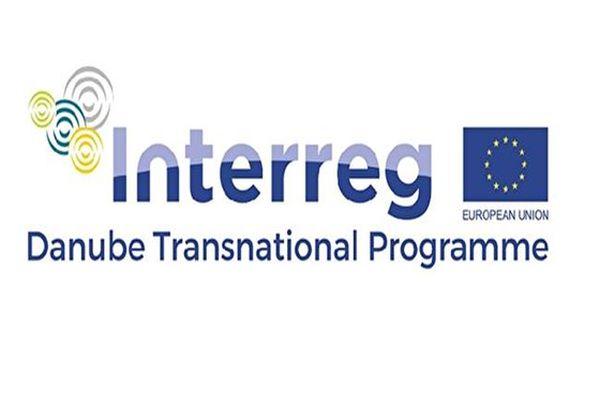The Danube Transnational Programme is one of the programmnes of the European Territorial Cooperation objective, better known by Interreg, funded by the European Union (one of the goals of European Union cohesion policy).
EU Cooperation programmes are primarily designed for further territorial integration through enhanced cooperation in specific policy fields. The Danube Transnational Programme (DTP) promotes economic, social and territorial cohesion in the Danube Region. In order to achieve a higher degree of territorial integration of the very heterogeneous Danube region, the transnational cooperation programme acts as a policy driver and pioneer to tackle common challenges and needs in specific policy fields where transnational cooperation is expected to deliver tangible results.
It comprises 14 countries (Austria, Bulgaria, Croatia, Czech Republic, Hungary, Germany – Baden-Württemberg and Bavaria-, Romania, Slovakia, Slovenia, Bosnia and Herzegovina, Moldova, Montenegro, Serbia and Ukraine – partly). The variety of natural environment, the socio-economic differences and cultural diversity of the various parts of the area may be perceived as major challenges but actually represent important opportunities and unexploited potential. Considering its geographical coverage, this highly complex programme provides a political dimension to transnational cooperation which is unique in Europe, successfully facing challenges such as ensuring good mechanisms to contract partners who receive funding from different EU instruments.
Geographically, the Danube Transnational Programme area overlaps with the territory addressed by the EU Strategy for the Danube Region (EUSDR) and comprising also the Danube river basin. Strong complementarities with the broader EU Strategy for the Danube Region (EUSDR) are sought.
The Danube Transnational Programme focuses on four thematic priorities and opens calls for proposals related to them:
1. Innovative and socially responsible Danube Region (foster eco-innovation, knowledge transfer, cluster policy, social innovation and skilled entrepreneurship including technological and non-technological innovation aspects)
2. Environment and Culture responsible Danube Region (preserve and manage the diversity of natural and cultural assets, maintain major ecological corridors along river systems, environmental risk prevention and management)
3. Better connected Danube Region (improve regional connectivity to the TEN-T network, environmentally-friendly transport systems, regional energy planning and –coordination)
4. Well governed Danube Region (strengthen multilevel- and transnational governance in areas with major societal challenges, more effective governance of the EUSDR and complex transnational project development)
The Danube Transnational Programme finances projects for the development and practical implementation of policy frameworks, tools and services and concrete small-scale pilot investments. Target groups which can apply for funding are regional and local authorities, development agencies, universities and research institutes, chambers of commerce, innovation centers and other relevant actors in the field of innovation, economic development, environment, transport, energy and institutional capacity as well as stakeholders and governance of the EUSDR.
The implementation of the programme is coordinated by joint structures (Managing Authority, hereinafter MA and Joint Secretariat, hereinafter JS) set up in Budapest, Hungary. The Joint Secretariat (JS) is in charge of the technical implementation of the Programme, including the communication activities. It supports the Managing Authority in programme coordination and implementation.

